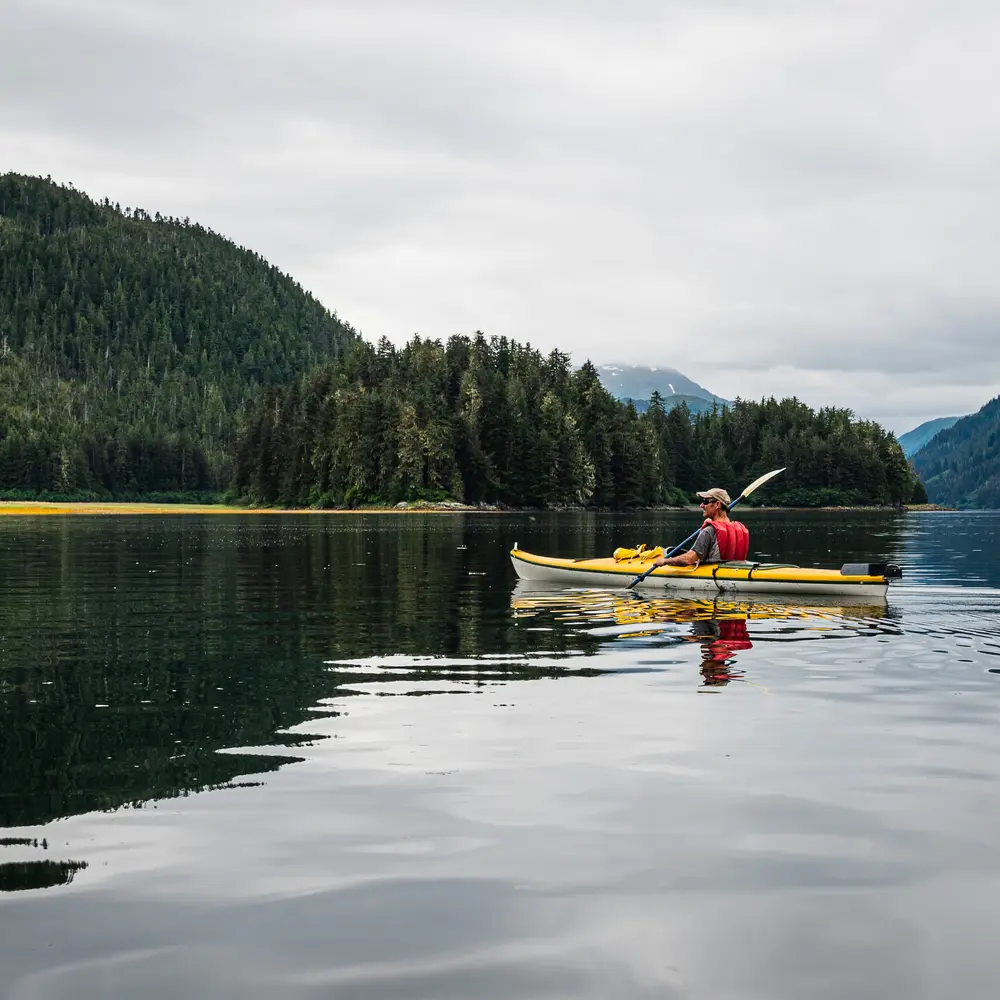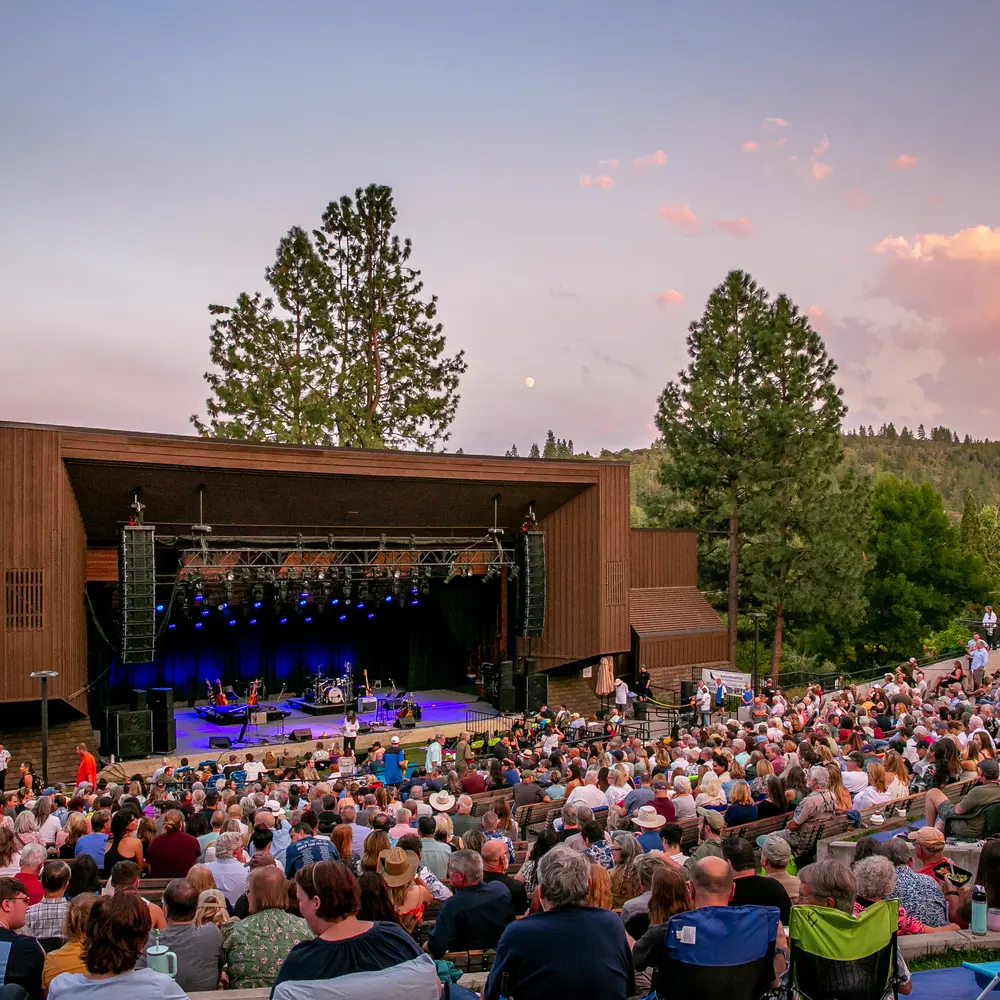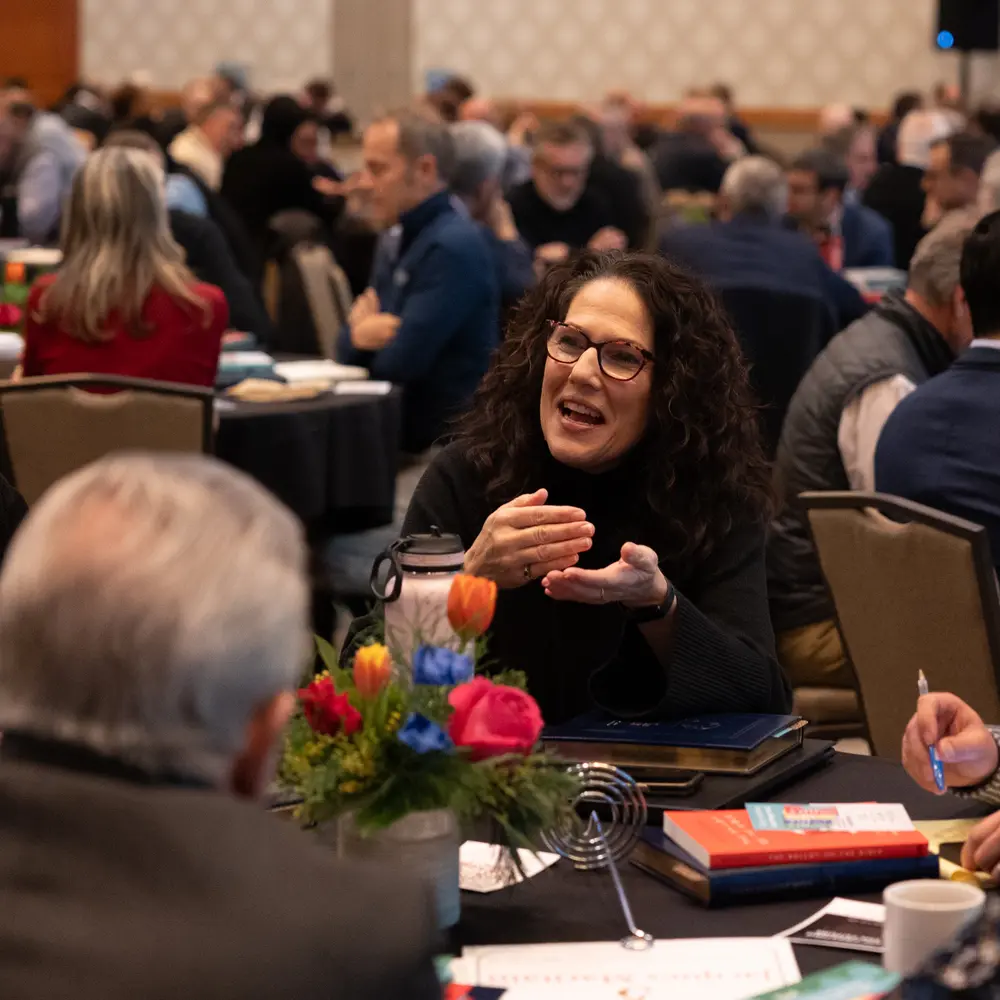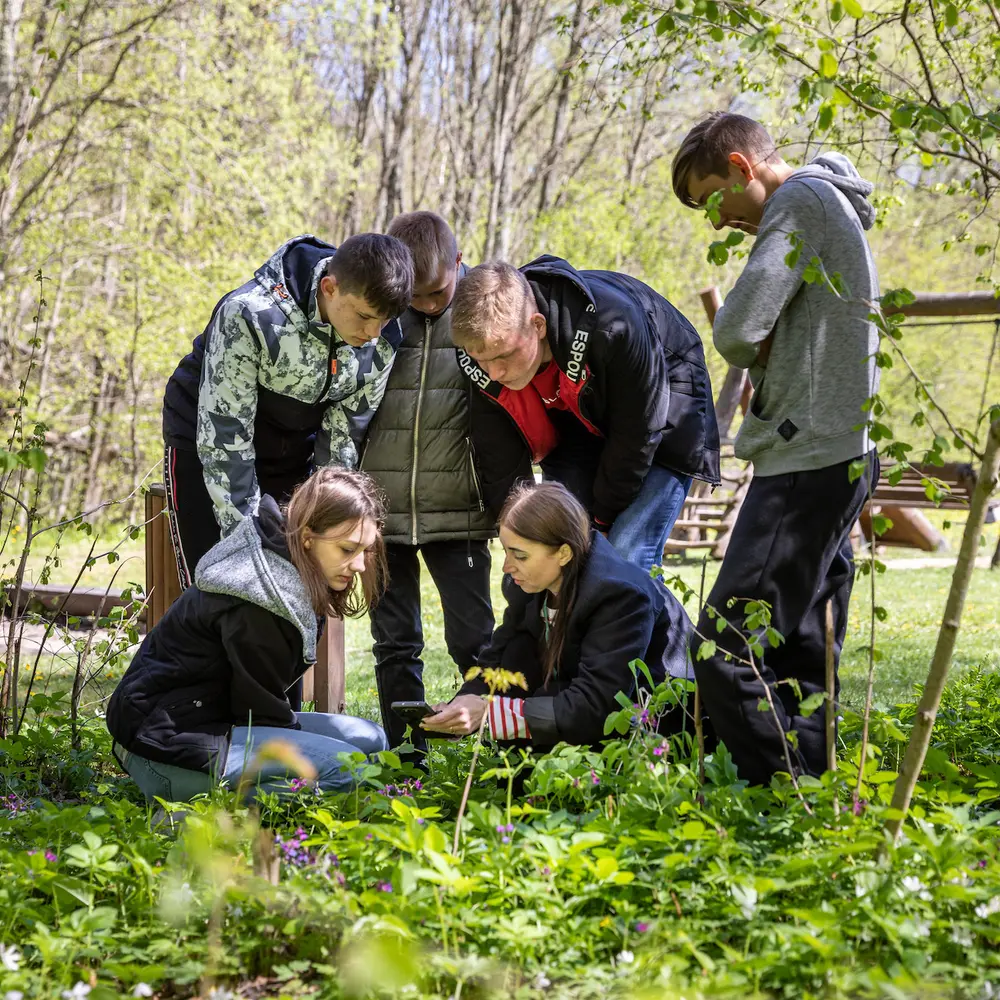The primary focus of these programs is to transform the culture of pursuing significant research at private undergraduate colleges and universities in the Trust’s funding region, by providing research support and a conference for students and faculty to present the results from their collaborative research. The conference began in 1992 with a modest number of attendees (about 60), and in 2013 the number grew to 400, representing close to 30 institutions. Besides students’ presentations, both in poster and oral formats, the keynote lecture, which serves to inspire the participants has always been a highlight at the conference. The speakers were chosen based on the caliber of their research and their ability to inspire students about science and discovery through their talks. In 2010, the MCSR lectureship was named the Neal Thorpe Memorial Lecture in recognition of his contributions to this program, and to honor his memory as a leader and unwavering supporter of undergraduate science research in the Pacific Northwest and nationwide.
Dr. Thorpe received a BA in chemistry and mathematics from Augsburg College in 1960, and the Ph.D. in physiology and organic chemistry, with a minor in zoology from the University of Wisconsin, Madison. After a year of post-doctoral work at the University of California, San Diego, he joined Augsburg College in 1967, eventually serving as Chair of the Department of Biology and Chair of the Division of Natural Sciences. Dr. Thorpe was an active teacher-researcher. He was an excellent writer and wrote a successful undergraduate biology textbook while continuing his teaching and research. During his time at Augsburg, Dr. Thorpe took occasional leaves-of-absence, allowing him to join the program staff of Research Corporation, a private foundation for the advancement of science, where he had the role of filling in for program officers on sabbatical. This introduction to private philanthropy especially focused on the sciences, ultimately brought Neal an invitation to join the staff of the Murdock Trust as Senior Program Officer. In this role, he was influential in developing the Trust’s general program policies and procedures; he also initiated new programs in the sciences that did much to transform and strengthen scientific and medical research in the colleges and universities in the Pacific Northwest. After serving about six years as Senior Program Officer, including a year as Interim Executive Director, Dr. Thorpe was appointed a Trustee of the Murdock Trust.
Previous Neal Thorpe Memorial Lecturers #
- 2015- James M. Olson, Full Member, Fred Hutchinson Cancer Research Center: “From Scorpions to Sea-Slugs: Creating Effective New Drugs from Blueprints in Nature”
- 2014- Jennifer Ross, Associate Professor of Physics, University of Massachusetts Amherst: “Building Cells Through Outstanding Undergraduate Research”
- 2013- Moses Lee, Department of Chemistry, Hope College, and Program Director for Science and Research, M. J. Murdock Charitable Trust: “Small Schools Doing Big Science: From Small Molecule to Curing and Protecting Against Malaria”
- 2012- Stephen P.A Foder, founder of Affymetrix Corp: “Basic Science and Entrepreneurism: Lessons from Nature”
- 2011- Kenneth M. Golden, University of Utah, Department of Mathematics: “Climate Change and the Melting Polar Ice Caps”
- 2010- Boris Bilnov, Department of Physics, University of Washington: “Quantum Computing with Atoms and Photons”
- 2009- Clyde Hutchison, Distinguished Professor, J. Craig Venter Institute, Professor Emeritus, University of North Carolina, Chapel Hill: “Building a Synthetic Cell”
- 2008- Kent Thornburg, Director, Heart Research Center, Oregon Health Sciences University: “Epidemiological Studies: Effects of Birth Weight on Adult Human Health”
- 2007- Hazel Barton, Ashland Endowed Professor of Integrative Science, Northern Kentucky University: “Amazing Caves, Amazing Microbes”
- 2006- Craig Hogan, Department of Astronomy and Physics, University of Washington: “Spacetime Sounds”
- 2005- George Koch, Department of Biological Sciences, Northern Arizona University: “Biophysical and Ecological Determinants of Maximum Tree Height”
- 2004- Michael Freeling, Department of Plant and Microbial, University of California, Berkeley: “Plant Genetics in the Post-Genomic Era”
- 2003- Jerry Gabrielse, Chair, Department of Physics, Harvard University: “Observations of Cold Antihydrogen”
- 2002- John Priscu, Department of Land Resources and Environmental Sciences, Montana State University-Bozeman: “Antarctic Ice: An Oasis for Life in a Polar Desert and a Model for Other Icy Worlds”
- 2001- Patrick McGovern, Senior Research Scientist, Museum Applied Science Center for Archaeology, University of Pennsylvania: “Molecular Archaeology: New Perspectives on our Past”
- 2000- James Brown, Regents Professor of Biology, University of New Mexico: “The Scale of Life”
- 1999- John Baross, School of Oceanography, University of Washington, “Submarine Hydrothermal Vents Environment: Key to Understanding Ancient Life on Earth and Other Solar Bodies”
- 1998- Robert Strom, Department of Planetary Sciences, the University of Arizona: “Ancient Oceans and Ice Sheets on Mars”
- 1997- David Grimaldi, Chair, Department of Entomology, American Museum of Natural History: “Insects in Amber; DNA from Fossils: Ancient or Artifact?”
- 1996- Gerald Schellenburg, Research Professor, Division of Gerontology and Geriatric Medicine, University of Washington: “The Genetics of Aging”
- 1995- Eugene Shoemaker, Lowell Observatory and Northern Arizona University: “Comet Shoemaker-Levi Impact on Jupiter”
- 1994- Michael Gold, Institute Professor of Biochemistry, Oregon Graduate Institute: “Molecular Biogenetics and Biotechnology”
- 1993- Leroy Hood, Professor, Chair of Molecular Biotechnology, University of Washington: “The Human Genome Project”
- 1992- Brian Matthews, Professor of Physics, University of Oregon: “3-d W-ray Crystallography of Proteins”







